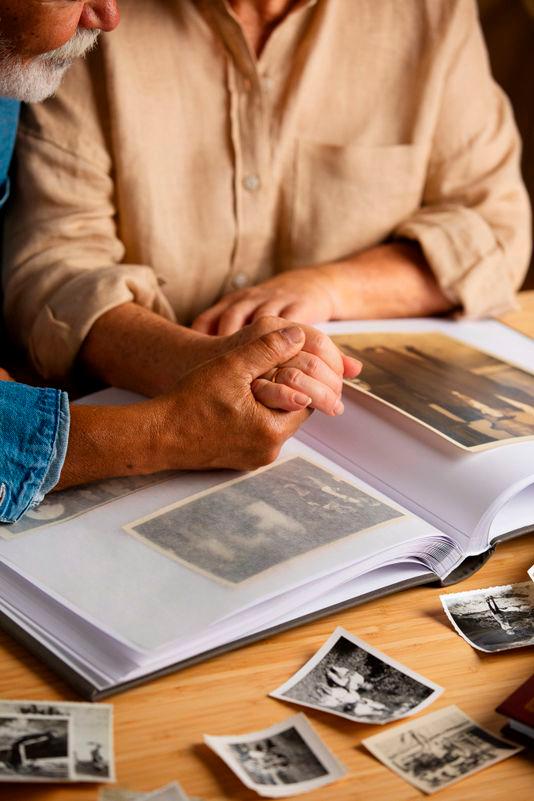MY sisters and I used to fantasise about receiving an unexpected inheritance from some long-lost wealthy relative.
We would picture ourselves in black mourning attire – pillbox hats, gloved hands, dabbing tears with lace handkerchiefs – while a stern-faced lawyer read aloud the terms of our windfall. The reality, of course, proved far less cinematic.
This childhood fantasy resurfaced recently during a conversation about getting my affairs in order before an upcoming flight.
When a friend expressed concern about my morbid planning, I explained my peculiar pre-travel ritual. “It is strange”, I admitted, “because I am more likely to die crossing the street than in a plane crash. Yet, something about flying makes mortality feel immediate.”
The conversation prompted a deeper reflection. With no children to inherit my modest possessions and no substantial assets to divide, I found myself examining what legacy actually means and what am I actually leaving behind?
Most of us think about legacy in terms of wills and bank accounts – who gets the house and how much goes to the children. But what struck me was how people who have inherited millions speak bitterly about parents who were never present, valued money over relationships and left behind wealth but no wisdom. Their financial inheritance came with an emotional debt they are still paying.
Then there are those who received no financial inheritance, yet speak warmly about parents who taught them resilience, kindness and integrity. Which inheritance would you rather receive?
Take a moment to think about the people who have influenced your life most profoundly. Was it because they left you money or because they believed in you when you could not believe in yourself? The teacher who saw potential you could not see? The friend who listened without judgement during your darkest hour? The colleague who shared knowledge without expecting anything in return?
These people left you something more valuable than assets; they left you change.
Emotional portfolio
We spend so much time building financial portfolios but what about our emotional ones? When people remember you, what will they say? That you were generous with your time or just your money? That you listened or just lectured? That you lifted them up or knocked them down?
I work with clients who come to me carrying wounds from decades ago – harsh words from parents, betrayals by friends, moments when someone they trusted failed them. These negative legacies can last generations. But I also saw clients who sustained positive legacies – encouraging words that echoed through their minds during difficult times or kindness that taught them how to treat others.
You create these emotional inheritances every day, often without realising it. The way you respond when someone makes a mistake, whether you gossip about colleagues or defend them. Your children, friends and co-workers are watching, learning and carrying forward what you model.
Beyond family
Most people think about legacy in terms of what they are leaving their immediate family. But what about the broader community? Have you considered how your life has touched others outside your family circle?
Maybe you have volunteered at a shelter and someone remembered your kindness during their worst moment. Perhaps, you donated to causes that mattered to you, contributing to changes you will never see. Maybe you simply showed up for people – attended funerals, celebrated achievements or offered help without being asked.
These actions create legacies too. That charity you support may help someone break the cycle of poverty. The environmental organisation you donated to may preserve something beautiful for future generations. The time you volunteered may have taught others the value of service.
If you died tomorrow, what would people say about how you lived? Would they remember your bank balance or your character? Would they talk about what you accumulated or what you contributed?
Are you only thinking about leaving something for your spouse and children or have you considered the broader impact of your life? What charities reflect your values? What causes would benefit from your support?
The most meaningful inheritances often come from people with modest means but generous hearts.
Organise your financial documents and update your will but also consider your emotional estate. What values do you want to pass on? What lessons have you learned that others need to hear? How can you be more intentional about the daily interactions that shape your true legacy?
As I prepare for future travels, I am redefining what “getting my affairs in order” means. It is about ensuring that my life creates more kindness, hope and possibility in the world.
What legacy are you building? And more importantly, what are you going to do about it?
Nahlana T. Kreshnan is a somatic psychotherapist and life and executive coach. Comments: letters@thesundaily.com









